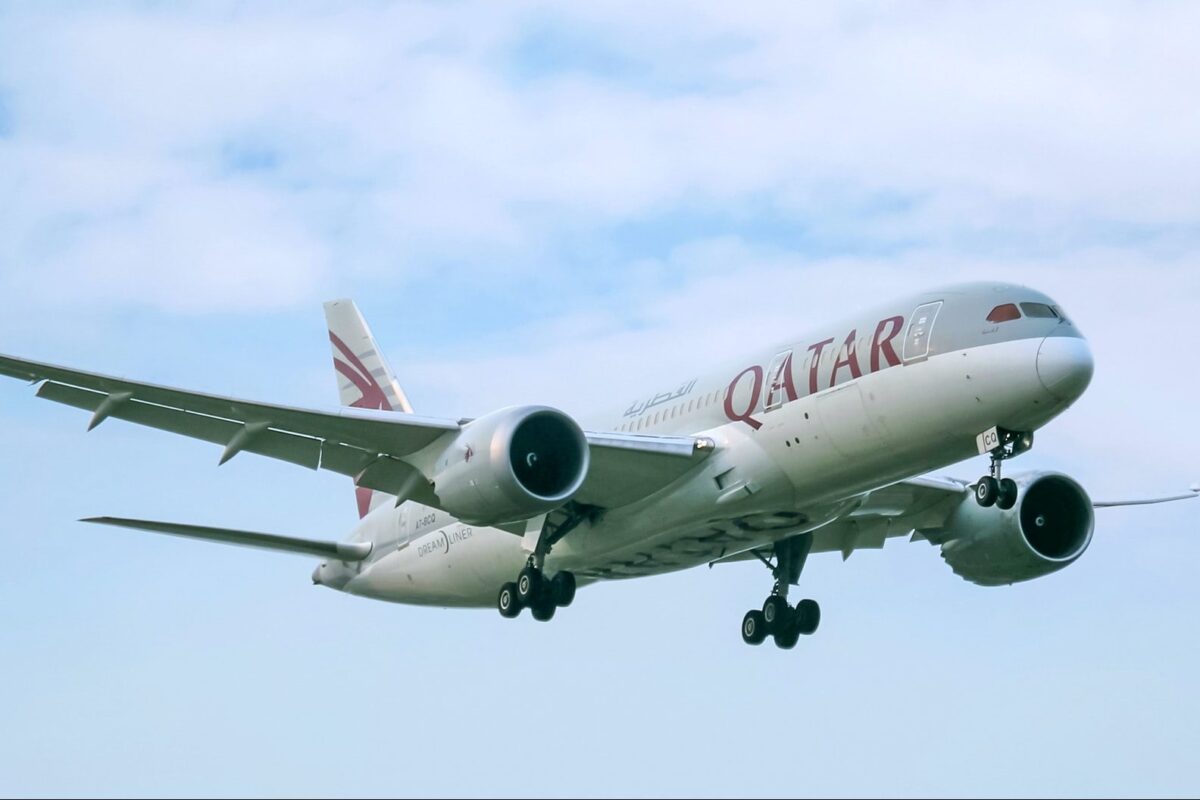Where Are the Female Airline Executives?
Skift Take
Does any industry have fewer female senior executives than airlines?
With EasyJet CEO Carolyn McCall gone, we think there is just one female CEO at a major airline: Anne Rigail of Air France. In all, just about 3 percent of CEOs in aviation are women, according to IATA, the trade group, and many of them are at lower-profile companies.
Why?
It's not an easy question to answer, but my colleague Sarah Enelow-Snyder just wrote a long story explaining some of the problems. She noted the industry remains an old boys club, and wrote how some women can't find the mentors they need. "For many women," she writes, "the entire field presents anywhere from unfamiliar to openly hostile."
There are exceptions, and Enelow-Snyder found one: Christine Ourmières-Widener, CEO of UK airline Flybe. She told Skift there should be more women in the top ranks. "You don’t have to be an airline geek to manage an airline," she said.
We want to think the situation will improve. While CEO ranks remain thin, some women are reaching upper management. In the U.S., the president of JetBlue Airways is a woman, as are the top technology executives at United Airlines, American Airlines, and Alaska Airlines. The chairman of the board at United is a woman.
Still, we are far from gender parity, as Enelow-Snyder makes clear. Do you think this is a fixable problem? Do you think it needs to be fixed? Let me know.
— Brian Sumers, Senior Aviation Business Editor [bss@skift.com, @briansumers]
Best of Skift
The Airline Industry’s Glass Ceiling Is Still Sky-High: The airline industry has a gender parity problem. This is an issue worldwide, and it needs to be fixed. But how? Skift's Sarah Enelow-Snyder explains many of the issues in this meaty enterprise story. You'll want to read it.
U.S. Airlines Battle Over Access to Tokyo's Preferred Airport: Delta Air Lines wants U.S. regulators to award it a disproportionate number of slots at Tokyo’s Haneda Airport, a preferred airport among business travelers. Other airlines disagree, but Delta probably does deserve better access, as it is the only one of the big three U.S. carriers without a Japanese partner.
United Finds Way to Make Up for Weak Transatlantic Economy Sales: It's winter and United Airlines is having some trouble filling coach seats between the United States and Europe. That's not a big surprise, and its competitors have similar problems. But at an investor conference last week, United said premium demand across the Atlantic remains strong. "The business class side still looks good,” United's vice president of revenue management said. “That has helped consistently through this time.”
Airfare Clearinghouse Promotes Routehappy Execs to Fit New Data Strategy: As it continues to try to stay relevant, ATPCO is making several changes to its top executive ranks. The company acquired Routehappy last year, and three Routehappy executives are taking new jobs at the parent company. Skift's Sean O'Neill has more.
Air France-KLM Moves to Simplify Airline Group: Asked by one analyst on an earnings call whether his plans to restructure the company were any different to his predecessors’, Air France-KLM CEO Ben Smith said he was working with “respect, transparency, and confidentiality,” and that employees at Air France in particular were buying into his vision. Do you believe him? Skift's Patrick Whyte has more from London.
United Airlines Argues It Can Block Expedia From Future Fares as Standoff Persists: A contract dispute between United Airlines and Expedia is playing out in federal court in New York. United has said it expects it'll end its relationship with Expedia in October. In preparation, United wants to cut off Expedia now for flights that depart after October. But Expedia says it should be permitted to sell tickets up through Sept. 30, regardless of when the flights depart.
Best of the Rest
Norwegian Air Caught in Bureaucratic Tangle After Emergency Landing in Iran: Iran probably is not the best place to land a new U.S.-made aircraft operated by a European airline. But sometimes you must get on the ground and deal with consequences later. Bloomberg has the story about how a Norwegian Air Boeing 737 Max was trapped on the ground in Iran for two months. Related: Norwegian Air Jet Stuck in Iran Returns Home
People Are Worried About Singapore Airlines' Entertainment System Cameras: This story has gone viral in the past week, and I understand why. Several airlines, including Singapore and American Airlines, have cameras embedded in their in-seat entertainment systems. The airlines say this is not big deal. "Cameras are a standard feature on many in-flight entertainment systems used by multiple airlines," American's Ross Feinstein told BuzzFeed. "Manufacturers of those systems have included cameras for possible future uses, such as hand gestures to control in-flight entertainment.”
The Shutdown Made Sara Nelson Into America’s Most Powerful Flight Attendant: The president of the Association of Flight Attendants gets a New York Times profile. Nelson is an interesting figure, and she deserves the big feature. I'd argue she was America's most powerful flight attendant even before the government shut down for 35 days. It is possible Nelson could someday take over the AFL-CIO, the influential U.S. labor group.
Contact Me
Skift Senior Aviation Business Editor Brian Sumers [bss@skift.com] curates the Skift Airline Innovation Report. Skift emails the newsletter every Wednesday. Have a story idea? Or a juicy news tip? Want to share a memo? Send him an email or tweet him.




